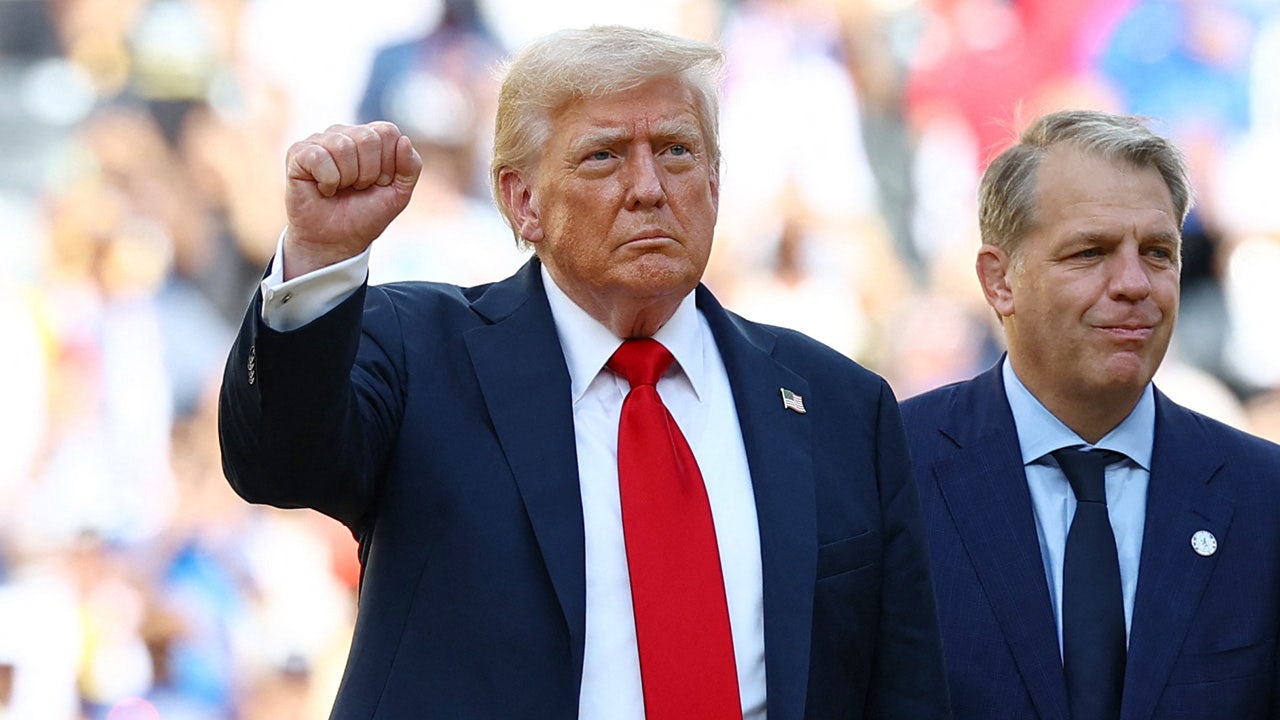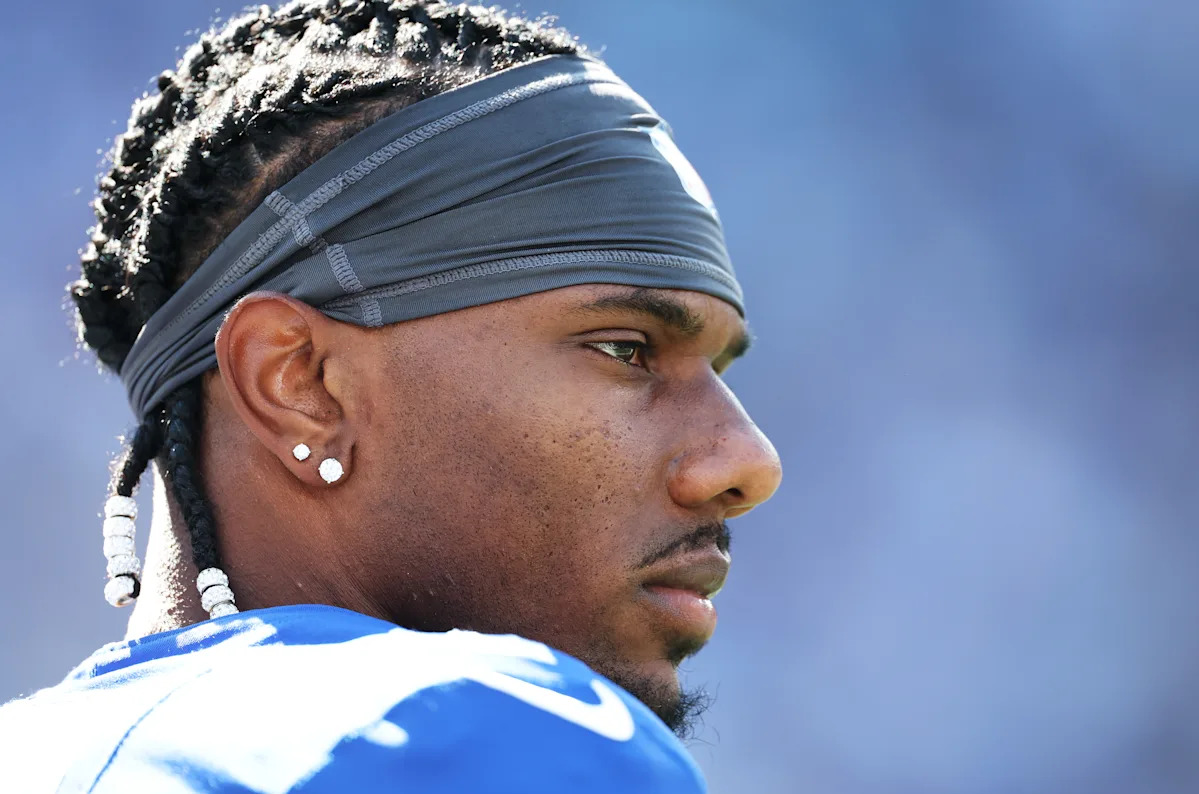The Anatomy of a Systemic Collapse
This wasn’t just a loss. Let’s be brutally clear about that. The New York Giants’ 34-27 overtime capitulation to the Detroit Lions was the endpoint of a contagion, the final, shuddering symptom of a disease that has been festering within the organization all season. And tying an NFL record for the most losses in a season after holding a double-digit lead—five, a number that reeks of profound institutional failure—is not a statistic. It’s an indictment. Because it signifies a pattern. It proves that the weakness is not circumstantial but systemic, a flaw embedded in the very DNA of the team’s leadership and strategic philosophy.
A Failure of Nerve, A Failure of Strategy
Forget the overtime heroics from Detroit for a moment. The real story was written long before that. The critical juncture, the moment that will be dissected in film rooms and sports talk radio for months, was the decision to eschew a simple field goal late in the game. Up by three. A chip shot to make it a six-point lead, forcing the Lions to score a touchdown. It is the textbook definition of sound situational football, the kind of decision that separates disciplined, playoff-caliber organizations from the chaotic rabble. But they didn’t take it. Instead, they chose aggression. They chose ego. It was a decision born not of strategic calculus but of a desperate, misplaced belief in their own offensive potency—an offense that had repeatedly failed to close out games all year long. It was strategic malpractice. Simple as that.
This decision is a microcosm of the entire season. A refusal to acknowledge reality. The data screamed for them to kick the ball, to play the odds, to trust their defense to manage a six-point advantage. But the coaching staff, in a stunning display of hubris, believed they could defy the very patterns of failure they themselves had established over the preceding months. They doubled down on a losing hand. And predictably, they were wiped out. This isn’t about bad luck or a single poor play; it is about a catastrophic failure of leadership to understand its own team’s limitations and the fundamental mathematics of the sport. It’s a rot that starts at the top and trickles down, creating a culture where blowing a 10-point lead becomes not an anomaly, but an expectation.
The Digital Mutiny and The Modern Athlete
And then came the tweet. Malik Nabers, the franchise’s star receiver and arguably its most valuable asset, took to social media. The post was quickly deleted, a futile attempt to put the genie back in the bottle, but the message had been sent. The damage was done. Because this was not just a player venting frustration. It was a public and direct challenge to the authority of the coaching staff and the front office. A digital mutiny. In the rigidly hierarchical world of the NFL, this is the equivalent of a lieutenant openly questioning his general’s orders in the middle of a battle.
This is the new battlefield. Decades ago, a disgruntled player would whisper to a friendly reporter, his dissent filtered and framed by the media. Today, athletes wield their own media empires through platforms like X and Instagram. They are their own distribution channels, capable of reaching millions of fans—and, more importantly, every single person in the organization—in an instant. Nabers’ deleted tweet was a strategic maneuver, whether consciously or not. It signals to the owner that a key asset is profoundly unhappy with the current leadership. It tells potential free agents that the Giants’ locker room is fractured. And it galvanizes a frustrated fanbase, giving them a figurehead around which to rally their discontent. He forced the organization’s hand. They can no longer pretend this is just a string of bad luck; their star player has publicly declared the emperor has no clothes.
The Inevitable Fallout
So, what are the next moves on this chessboard? The Giants are now backed into a corner. Ignoring Nabers’ outburst makes the leadership look weak and out of touch. Punishing him risks alienating their best player and creating a full-blown civil war in the locker room. The most logical outcome, from a cold, strategic perspective, is that a sacrifice must be made. The play-caller, or perhaps even the head coach, is now on a timer. Nabers’ tweet started the countdown. The organization must now choose between its strategic leadership and its star talent. In the modern, player-driven NFL, that is rarely a difficult choice. The coach is a disposable asset; the elite receiver is a cornerstone. The writing is on the wall. A purge is coming, and Nabers himself lit the match, using his digital platform as the accelerant.
The Political Theater and The Cultural Battlefield
Just when the narrative seemed confined to the world of sports, it metastasized. Donald Trump’s social media post, singling out the Giants’ late-game decision, was a masterclass in political opportunism. To the casual observer, it might seem bizarre. Why would a former President of the United States, a man constantly engaged in global and national affairs, concern himself with a single play call in a regular-season NFL game? Because he understands something fundamental: sports are not just games. They are a central pillar of American culture, a common language spoken by millions. And the NFL, in particular, is one of the last great monocultural campfires around which the nation gathers.
By weighing in, Trump wasn’t acting as a sports analyst. He was acting as a politician, tapping into a potent vein of populist sentiment. His critique of the Giants’ ‘aggressive’ play call was not about football analytics. It was a parable. In his narrative, the ‘smart,’ ‘elite’ coaches with their complex analytics and modern theories made a foolish, arrogant decision that defied common sense. He, in turn, positioned himself as the voice of the common fan—the guy in the bar who knows you kick the damn field goal. It’s a simple, powerful message that reinforces his entire political brand: the elites are out of touch, they overcomplicate things, and their intellectual hubris leads to failure. I, the man of the people, see the obvious truth.
Weaponizing the Gridiron
This is a calculated move. The NFL is a perfect proxy for the culture wars. It’s a realm of perceived meritocracy, tradition, and patriotism that has, in recent years, become a flashpoint for social and political debate. Trump recognizes that criticizing an NFL coach for a bad decision is a low-risk, high-reward way to connect with a huge swath of the electorate that feels ignored by the establishment. He is co-opting the fan’s frustration with their team and redirecting it, subtly, towards a broader political frustration. The Giants’ on-field collapse provided the perfect stage. It wasn’t just a football team losing; it became a symbol of failed elite leadership. And by inserting himself into the conversation, Trump ensured that this story—a story of incompetence, internal dissent, and public failure—would transcend the sports pages and become another chapter in the endless American culture war. The Giants organization, through its own ineptitude, handed a political master a powerful, easily understood metaphor for everything he campaigns against. And he used it without a moment’s hesitation.


